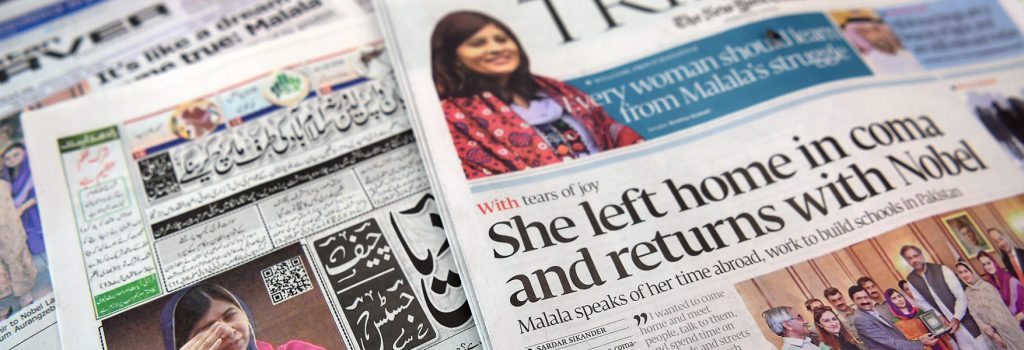
Few discoveries transform a discipline overnight, but scientists today can manipulate cells in ways hardly imaginable before, thanks to a peculiar technology known as CRISPR (clustered regularly interspaced short palindromic repeats). From elegant studies that deciphered how CRISPRs function in bacteria, researchers quickly uncovered the biological potential of Cas9, an RNA-guided DNA cleaving enzyme, for gene editing. Today, this core capability is being harnessed for a wide variety of ambitious applications, including agricultural improvement, the elimination of infectious diseases, and human therapeutics. CRISPR technology may indeed herald cures to certain genetic diseases and cancer, but so too could it be used to engineer heritable genetic changes in human embryos. What will we choose to do with this awesome power?
[…]
Read More…

The global financial crisis of 2008 was widely seen as heralding the death of globalization. But, to paraphrase a remark widely attributed to the American novelist Mark Twain, “reports of its demise were greatly exaggerated.” Now, however, over a decade after the crisis, globalization hangs in the balance, as President Trump threatens tariffs on imports from a variety of US trading partners and challenges the norms of late-twentieth-century multilateralism, and as nationalist politicians of different stripes ascend to power in a growing number of countries. This chapter asks whether these unilateralist, nationalist trends appearing to constitute a serious threat to globalization are a temporary aberration—and if so accounts for their incidence and timing—or whether they in fact herald the much-anticipated retreat from globalization.
[…]
Read More…

Consolidated by the award of the 2017 Economics Nobel Prize to behavioral economist Richard Thaler, behavioral economics is enjoying a golden age. It combines a diverse range of insights from across the social sciences—including economists’ powerful analytical tools alongside rich evidence about real human behavior from other social sciences—especially psychology and sociology. This article explores the evolution of behavioral economics and some key behavioral insights about incentives and motivations; social influences—including social learning, peer pressure, and group-think; heuristics and biases; decision-making under risk and uncertainty; present bias and procrastination; and nudging policy tools. These all illustrate how behavioral economics provides businesses and policy makers with a rich understanding of how real people think, choose, and decide.
[…]
Read More…

This overview considers the past, the present, and the future of economic development. It begins with the conceptualization, definition, and measurement of economic development, highlighting that a narrow focus on the economic is inadequate to capture development and even, paradoxically, economic development itself. Key aspects of economic and human development over the past seven decades are then outlined, and the current landscape is described. The paper then considers the future of economic development, highlighting the challenges faced by developing countries, especially the opportunities and risks provided by the recent downward global trend in the share of labor in overall economic activity.
[…]
Read More…









